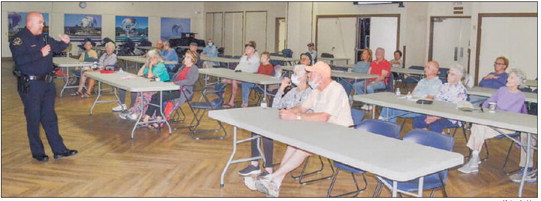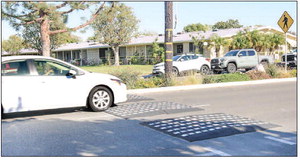Combat aging with healthy diet
As people get older, they experience physical transformations and other changes the naked eye can’t see such as slower metabolism and a decrease in bone density and muscle mass. The following are some diet tips for older adults to combat agerelated changes.
• Prioritize protein. Studies show that older adults should consume 25-30 grams of protein with each meal, which could limit inactivitymediated losses of muscle mass and function.
• Overcome reduced production of vitamin D. Vitamin D is not naturally found in many foods, so people may need to supplement their diets to get a sufficient amount of it. Vitamin D helps with anti-inflammation, immune system support and muscle function.
• Consume ample dietary fiber. Fiber plays an important role in the health of older adults and has been linked with heart health, healthy digestion, feeling full, preventing constipation, and maintaining a healthy weight.
• Monitor intake of vitamin B12. Vitamin B12 is involved in a host of important functions in the body, including nerve function and the formation of red blood cells. Vitamin B12 is most easily found in animal products, which many older adults should largely avoid due to other health concerns. In such instances, people can discuss supplementation with their physicians as well as alternative food sources of B12, such as fortified cereals, salmon and other items.
—MetroCreativeConnection


